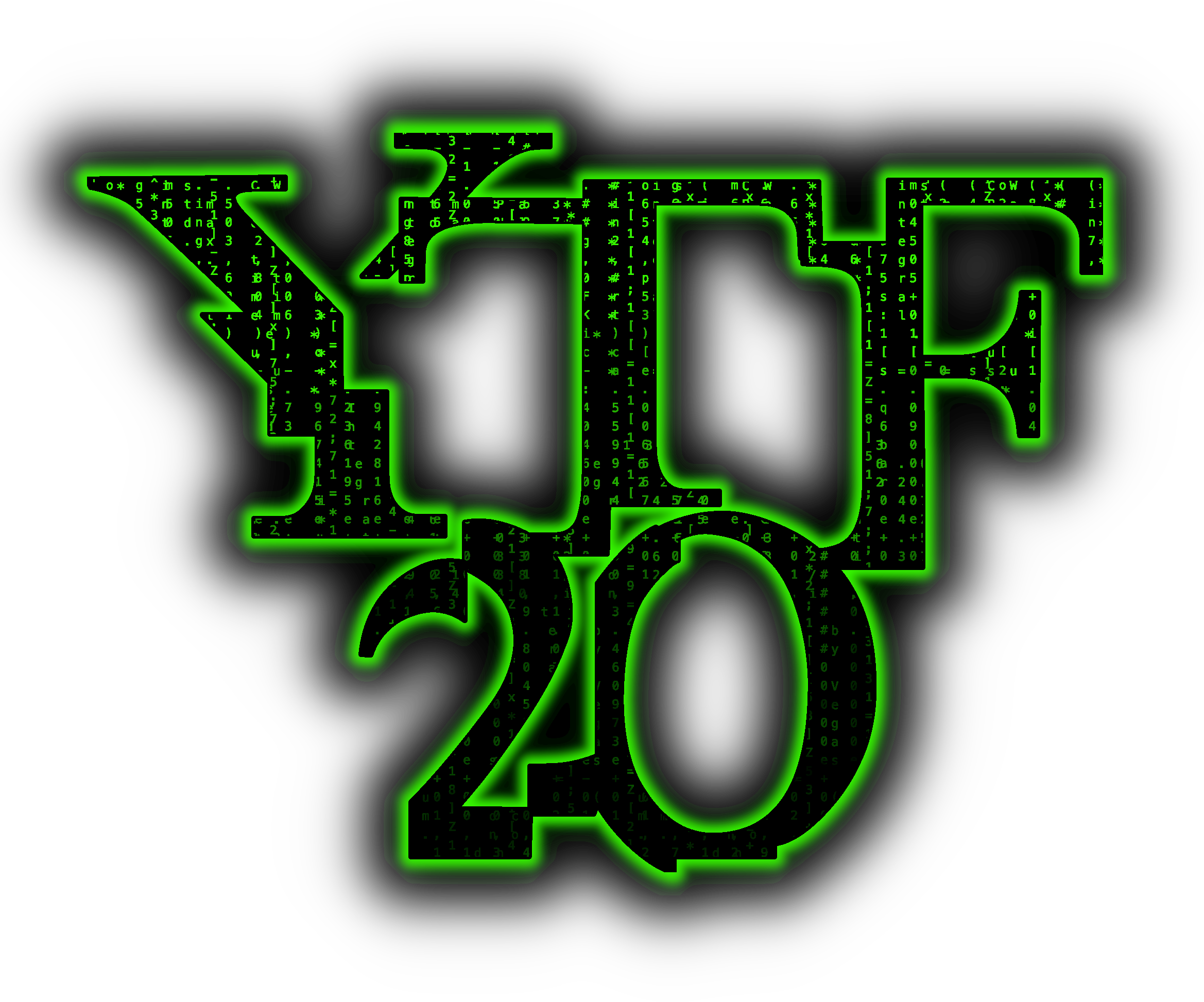Speaker
Description
Diagnosing cancer may be performed from biofluids, utilizing Raman spectrophotometry, multiple machine learning techniques and their applications in particle detectors. Nonetheless, algorithms which would allow for accurate classification model in this scenario would require incorporating the information from patient's medical record. Them main challenge of this project is to design an algorithm which considers both, medical data and pre-processing budget in a medical research. Several particle detector technologies, including a Silicon Vertex Detector, Time Projection Chamber, and a barrel of scintillating bars are challenging when it comes is to distinguishing between antihydrogen annihilation and cosmic rays. Presently, a common technique to resolve this is a use of cuts based on two high-level variables from the detectors for online analysis, and boosted decision trees with high-level variables in offline analysis. High-level variables are a powerful tool for discrimination, nonetheless slow to pre-process. This project aims to build both online and offline analyses that have different processing budgets and reduce pre-processing time by replacing the high-level variables with lower level variables. The goal is to create a small enough model that can interpret raw detector output to enable a real-time online analysis, with the ultimate objective of programming an FPGA or micro-controller to perform accurate, real-time classification of detector events.
| Length of talk | 3-5 minutes |
|---|---|
| Would you be interested in receiving feedback on your talk? | Yes |
| Are you happy for your talk to be recorded? | No |
| Will you be pre-recording your talk? | No |

